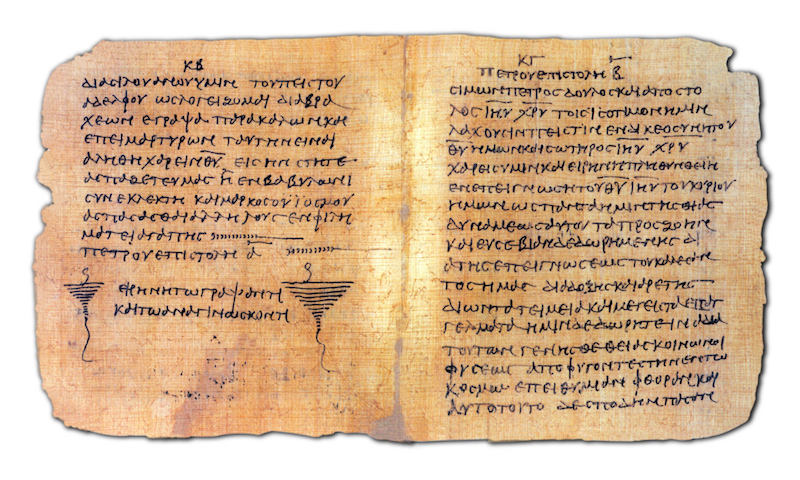Why Study Ancient Greek?
“How can an educated person stay away from the Greeks? I have always been far more interested in them than in science.” (Albert Einstein)
Learning Ancient Greek is a multidimensional cultural experience with numerous and various benefits. What better way to fully enjoy ancient texts from Homer to the New Testament than to read them in the original language?
Living at an ancient crossroads between the cultures of Africa, Western Asia, and Europe, ancient Greek thinkers and writers produced art, science, literature, and philosophy that questioned the human place in the world, that speculated on the meanings and limits of family, love, friendship, law, and culture, and that sought to understand what people could truly call universal justice or goodness. The questions that Greek thinkers asked have influenced the questions that we today still ask, and although our answers are often different from theirs, studying their multicultural world can help us reflect deeply on how best to live in our own.
In addition to these large-scale intellectual benefits, students of the Greek language improve their comprehension of English grammar and refine their verbal and written communication skills. Approximately 65% of English vocabulary and 90% of the technical and scientific terminology are derived from Greek and Latin. Our students perform better in major exams (e.g. MCAT, LSAT, GRE) and are better prepared on a technical level to engage in various fields such as medicine, biology, and other sciences, as well as law and humanities.
Greek at UC Davis
The Classics Program at UC Davis teaches basic Ancient Greek in a one-year sequence: Greek 1 (Fall), Greek 2 (Winter), and Greek 3 (Spring). Additionally, we offer a one-unit course on New Testament (Koine) Greek in Winter and Spring. First year Greek students gradually find their way through a broad selection of short passages ranging from Homer and Sappho to the New Testament, as well as basic understanding of the culture of ancient Greece.
Greek 100 is a course specifically designed to help students transition from the first-year sequence to advanced Greek classes.
Our advanced Greek classes cover a wide range of genres, authors, periods, and dialects, as our most recent courses show: Homer, Euripides, Sophocles, Aeschylus, Aristophanes, Plato, Greek Lyric, Greek Orators, Herodotus, Thucydides, Apollonius, Lucian, etc.


